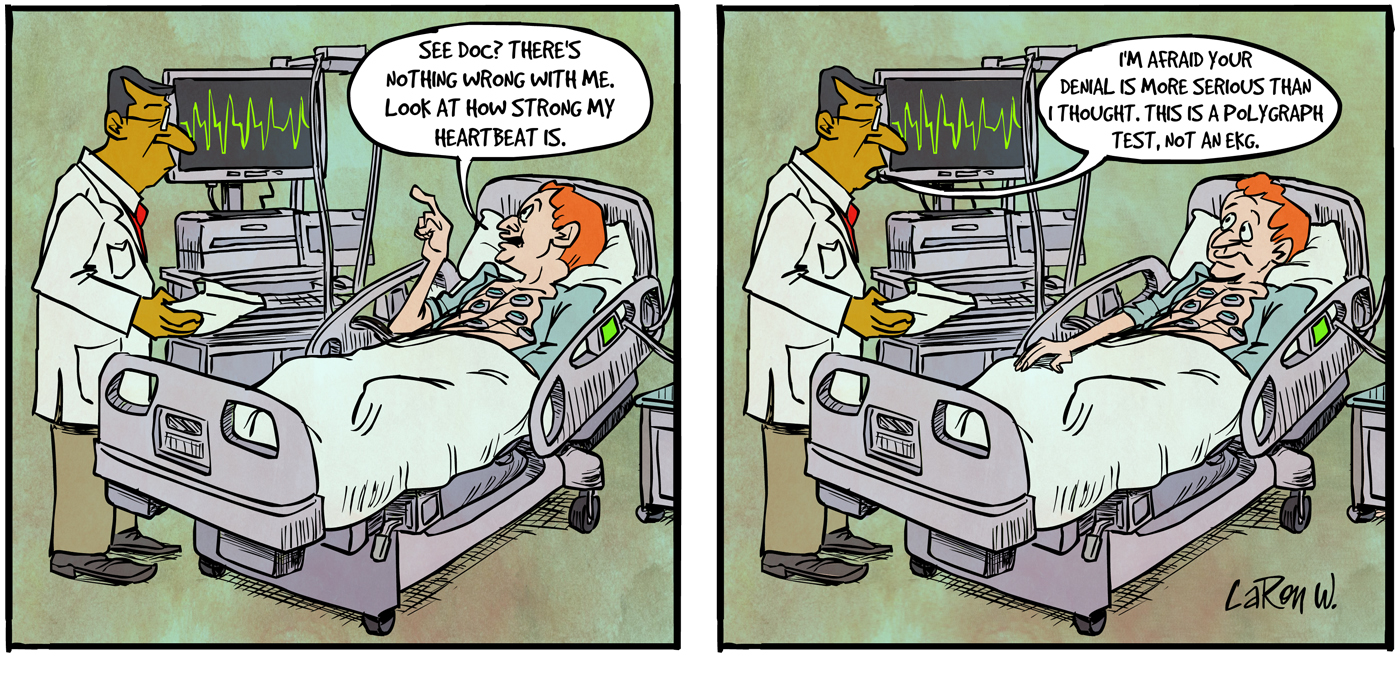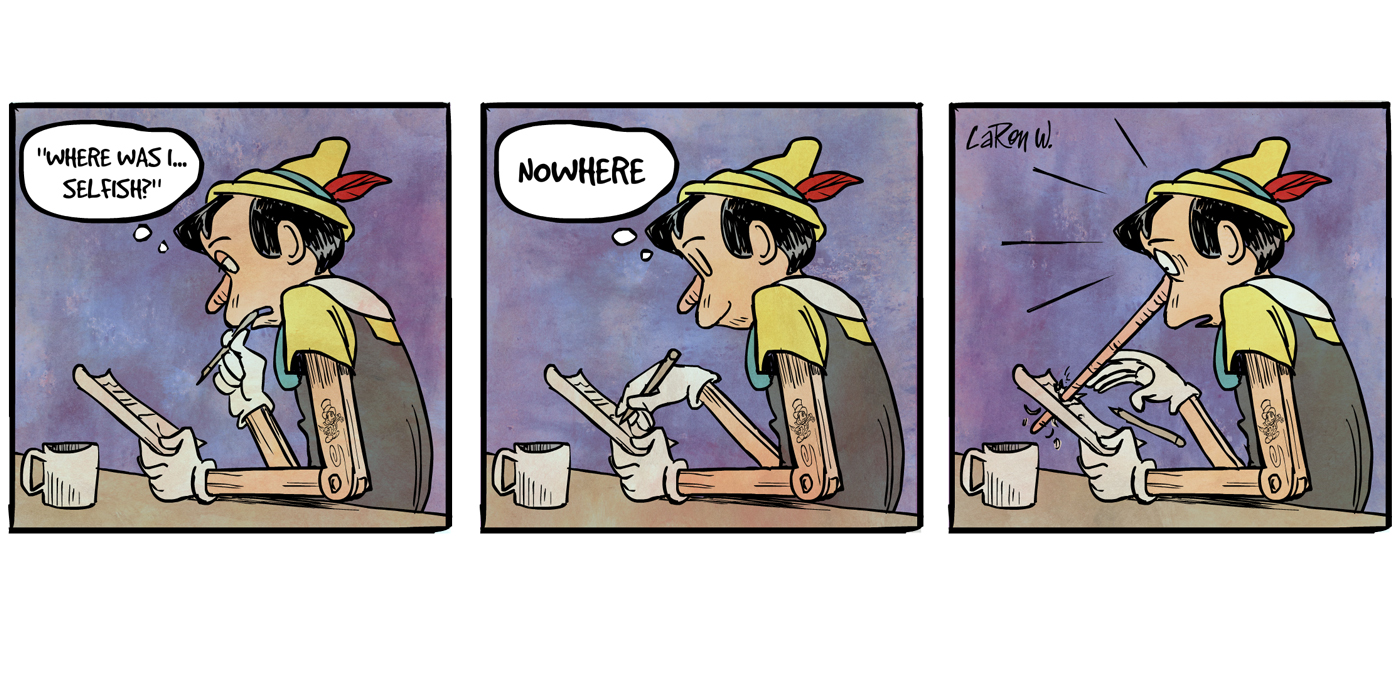The following includes extracts from an informal study that was submitted to the Southern California SA Intergroup by committee members M.S., C.U., M.S. (West L.A.), B.W., and S.M. It also includes material that was submitted to the Essay in response to an appeal for sharing on selected subjects.
Facing the Slipper Syndrome
- It is important to recognize that the real problem is lust, not sex, and thus acknowledge that the problem is spiritual in nature.
- Groups can explore ways to practice accountability, communication and networking so they can grow collectively. Groups can encourage the following:
- a) sponsorship
b) meditation
c) practicing the Steps
d) reading SA literature
e) attending meetings
f) surrendering the disease
- Recognize and surrender the tendency to use too much psychological jargon that might somehow undermine the credibility and effectiveness of SA as a program.
- Make sure we are supporting the program, not the disease. It is observed that where there is strong sobriety, sobriety tends to grow. Where slipping is the norm, slipping tends to persist.
- Consider the sharing of oral First Step inventories as a tool in surrendering lust and getting and staying sober.
Assisting Slippers in Recovery
- Get recent slippers involved. Consider a statement encouraging members to reach out to one another to get away from isolation.
- Drunks have a tendency to talk too much, to dump during meetings and rationalize their slipping. Whatever the rationale is, slipping is not a sign of getting better. It is a signal that something went wrong, something needs to be done.
- Groups need to explore courses of action to assist the slipper in getting back on the road to sobriety. Drunks usually are not aware of what’s going on, often being full of anxiety and fear.
- Let us not lose sight of what the program offers. The focal point is getting and staying sober. Avoid cop-outs like “I just slipped, but it sure feels good coming to the meeting!” Meetings are not to make us feel good, but to help us stay sober.
- Emphasize the positive side of sobriety. It is not so much a matter of denying ourselves the luxury of lust (deprivation, repression) as much as it is acquiring the freedom to live happy and fulfilling lives away from the bondage of sexual obsession and compulsion.
- It is extremely difficult for one who has had a long period (a year or more) of sobriety to return easily into the community of SA. He or she passes through a painful period of anger and frustration and mixed feelings. Such a member may actually feel broken off from the community, not a part of.
- Slippers who have lost long-term sobriety need an opportunity to move through a blaming stage into acceptance. They may need a process or situation to assist their reassimilation into the group. Perhaps a meeting can be considered to help people with acute problems to move through what might be termed a “mourning stage” so that they may adequately express their grief at having lost their sobriety.
- A “Sobriety Hour”-type meeting may include a ritual that might help bring these members back to the community.
- Such a setting allows each person to fully acknowledge his or her recent (or long-past) slip, or even near slip.
- Members who have been slippers and are now sober can maintain sobriety by sharing their story and welcoming back recent slippers (help in transition back to sobriety).
- Recent slippers need a chance to speak about what they need from the fellowship, what progress they are making, and where they are in their recovery today.
- It is important to maintain communication with the recent slipper. Ask questions like:
- What led to the slip?
- What were the feelings before, during and after the slip?
- What is the ritual involved? Are you in the ritual now? What can you do to change it?
- Keep in touch. Call those who have been absent from meetings even if just to see how they’re doing and to say you missed them. Be available, just be there even on a non-program basis.
Southern California SA Intergroup






